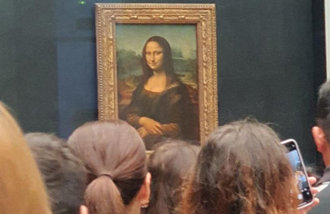[Book] Childrens Parliament in France
[Book] Childrens Parliament in France
Posted March. 08, 2008 04:26,

Each year in France, some 577 lawmakers elected from the local districts nationwide, gather together on a Saturday, either in May or June, at the Bourbon Palace, the lower legislative chamber of the French government. The meeting is divided into a standing committee and a plenary session. The standing committee discusses 10 bills introduced by lawmakers and chooses three outstanding bills to send to the plenary session. In the plenary session, lawmakers make inquiries concerning the three bills to the speaker and the minister of education and select the most excellent work of the year among the three.
This is not the description of the national assembly run by adults. Rather, it is a story about Childrens Parliament in France, which has been held since 1994. The book, designed to raise childrens democratic awareness and spirits, has everything about the parliament where children are allowed to propose a bill on a special session. Detailed information can be found regarding how children are elected, how they participate in the legislative proceedings and how the parliament adjourns.
The French Childrens Parliament has even bigger significance in that the bills, selected in the plenary session, actually go to the real Congress to examine their feasibilities. The childrens legislative has influence that goes beyond a mock assembly or a guest group.
Since 1994, France has adopted four children-related laws in an effort to promote their rights. The four laws include rules on the rights of orphans and family committees, the prohibition of child-labor product purchase by local schools and municipalities, the protection of children from abuse and the one regarding brotherly and sisterly affection. Introduced by children, they have become the national laws.
Currently, the French Congress is examining a law that makes using eco-friendly paper bags mandatory to prevent environmental pollution, another bill passed on from the Childrens Parliament.
zeitung@donga.com







